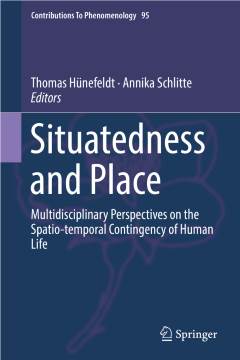Repository | Series | Book | Chapter
Introduction
situatedness and place
Warning: mysqli_connect(): (HY000/2002): Cannot assign requested address in /home/clients/b010bcc84441ff7c5adbaf4e922effaa/web/mom/function/init/DBconnect.php on line 15
Cannot connect to DataBase




